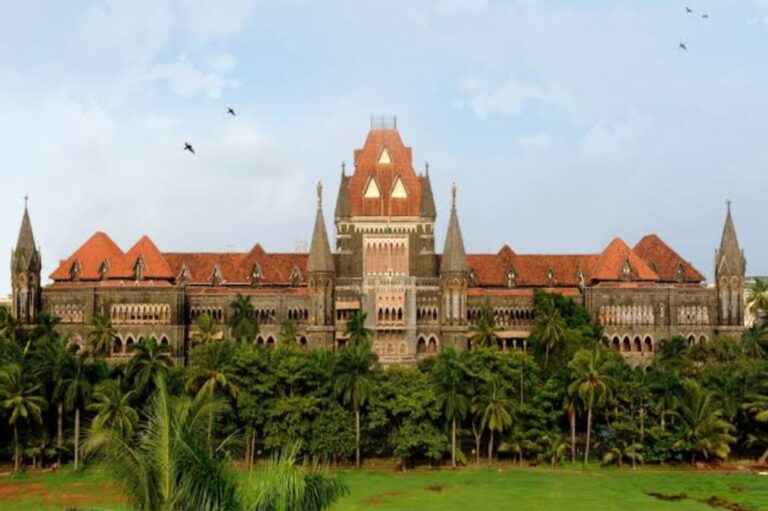In a major relief to real estate developers, the Nagpur Bench of the Bombay High Court has ruled that no Goods and Services Tax (GST) is applicable on the transfer of land development rights (TDR) or Floor Space Index (FSI), when such rights are exercised under a development agreement.
Landmark Judgment by Bombay High Court
The ruling was delivered in the case M/s Shrinivasa Realcon Private Ltd. vs. Deputy Commissioner, Anti-Evasion Branch, CGST & Central Excise, Nagpur & Others (Writ Petition No. 7135 of 2024), on April 8, 2025, by a division bench comprising Justice Avinash G. Gharote and Justice Abhay J. Mantri.
The Court quashed the GST demand notices issued against the petitioner, holding that the transaction under a development agreement does not attract GST under Entry 5B of Notification dated 28.06.2017, as amended by the Notification dated 29.03.2019.
Background of the Case
The petitioner, M/s Shrinivasa Realcon Pvt. Ltd., had entered into a development agreement dated January 7, 2022, with a landowner to develop a plot of land measuring 8000 sq. ft. at Mouza Lendra into a multi-storied residential complex. As part of the agreement, the developer agreed to compensate the landowner with ₹7 crores and two apartments.
Subsequently, the petitioner received a show cause notice and a tax demand for GST on the transaction, with authorities citing Entry 5B of the amended notification, claiming the agreement constituted a supply of service by way of transfer of development rights.
Key Legal Arguments
Petitioner’s Contention:
-
The development agreement did not involve the supply of TDR or FSI as envisaged under the GST law.
-
The transaction was limited to land development for mutual benefit and involved no independent transfer of development rights as defined under Regulation 11.2 of the Unified Development Control and Promotion Regulations (UDCPR).
-
The GST Act does not define TDR, making its application in such cases ambiguous and misplaced.
Department’s Argument:
-
Authorities argued that clause 18 of the development agreement involved a transfer of development rights, bringing the transaction within the scope of Entry 5B of the 2019 amendment.
-
They contended that such transactions should be considered a supply of service liable to GST.
Court’s Observation and Judgment
The Bombay High Court categorically held that:
-
The transfer of rights from landowner to developer under the agreement does not constitute a taxable supply of development rights or FSI under Entry 5B.
-
The agreement dated April 7, 2022, does not fulfill the conditions necessary to levy GST under the said entry.
-
Consequently, the show cause notice and demand order were found unsustainable in law and were accordingly quashed and set aside.
Implications of the Ruling
This judgment sets a strong precedent for real estate transactions involving development agreements. It draws a clear distinction between:
-
A developer constructing a project in partnership with a landowner, and
-
A sale or independent transfer of development rights or FSI, which may attract GST.
This ruling provides much-needed clarity for the real estate sector, particularly in joint development agreements (JDAs), where landowners allow developers to build and share constructed units without a formal sale of rights.
Case Summary
-
Case Title: M/S Shrinivasa Realcon Pvt. Ltd. vs. Deputy Commissioner, CGST & Central Excise, Nagpur & Others
-
Case No.: Writ Petition No. 7135 of 2024
-
Date of Judgment: April 8, 2025
-
Court: Bombay High Court, Nagpur Bench
-
Bench: Justice Avinash G. Gharote and Justice Abhay J. Mantri
-
Counsel for Petitioner: Senior Advocate Mr. A.A. Naik, with Mr. Abhishek Bhoot
-
Counsel for Respondent: Mr. K.K. Nalamwar
READ MORE
GST Exemption on Printing & Scanning Services for Exams: Tamil Nadu AAR Ruling
